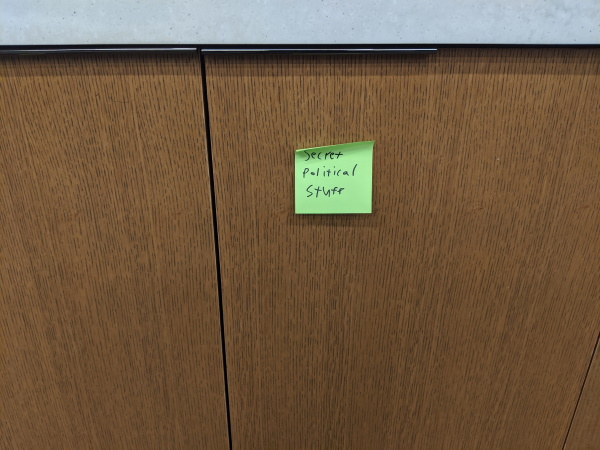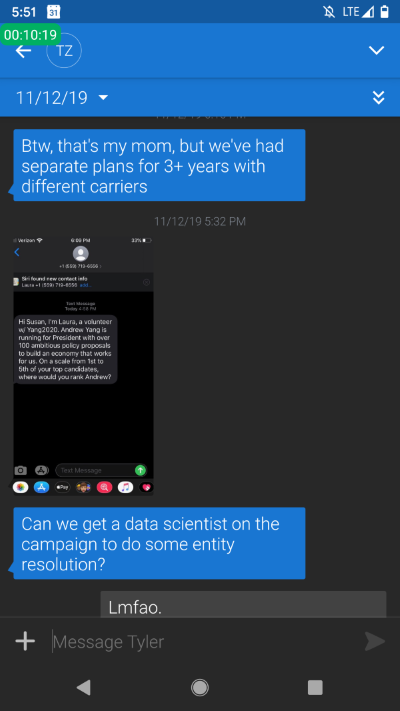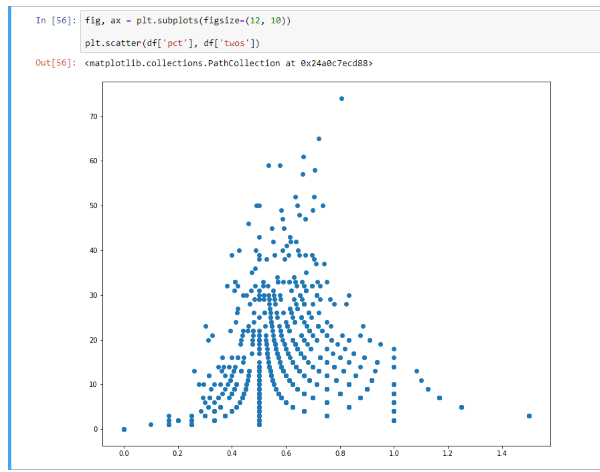January had gone by in a blur.
Chappelle came out and endorsed us. I had a host of new data friends. Our Field staff more than doubled. Andrew was cruising around the state on a seventeen day bus tour. We had hundreds of volunteers pouring into Iowa, knocking thousands of doors.
And at 950 Office Park Drive, we'd worked hard to develop our Iowa strategy and January was spent non-stop executing.
So what was the plan?
January 31st
At the tail end of December, we started taking steps to narrow our focus in the state. Iowa polling showed us in the neighborhood of 4-7% and we were well aware that if that support doubled that across the state, we'd still be short of the 15% viability threshold in each precinct.
We had Direct Voter Contact data from all but a few of the counties-- some areas more than others, for sure-- but by this point, it was clear where our pockets of supporters were. The "where do we focus?" problem became a balancing act between redoubling efforts in areas where we thought we could improve, as well as expanding to areas we felt confident we'd get the most bang for our buck.
I spent a good deal of time spinning up an interactive map of all 1,682 precincts. It had everything: contact rates, supporter count, demography, historical voting patterns, volunteer presence, delegates awarded, you name it.
So naturally as soon as it was done, they asked if we could get it printed, lol
 We still used the dashboard on our laptops, I just thought this was hilarious.
We still used the dashboard on our laptops, I just thought this was hilarious.




